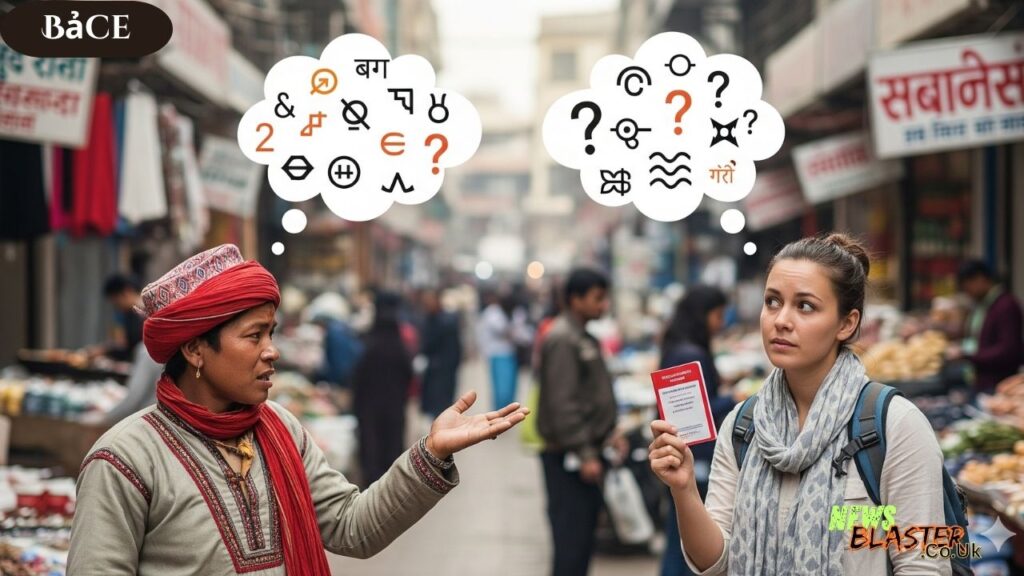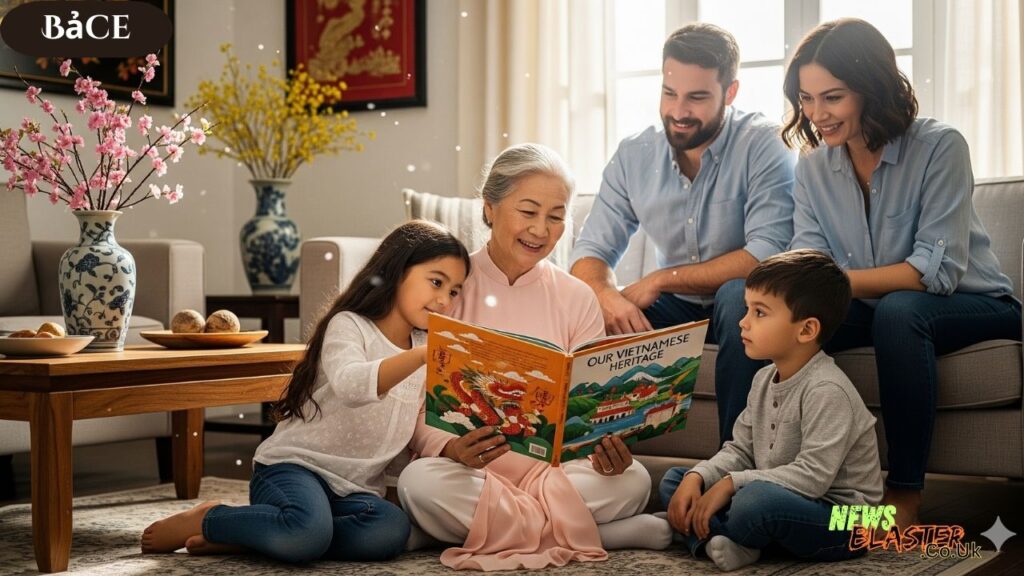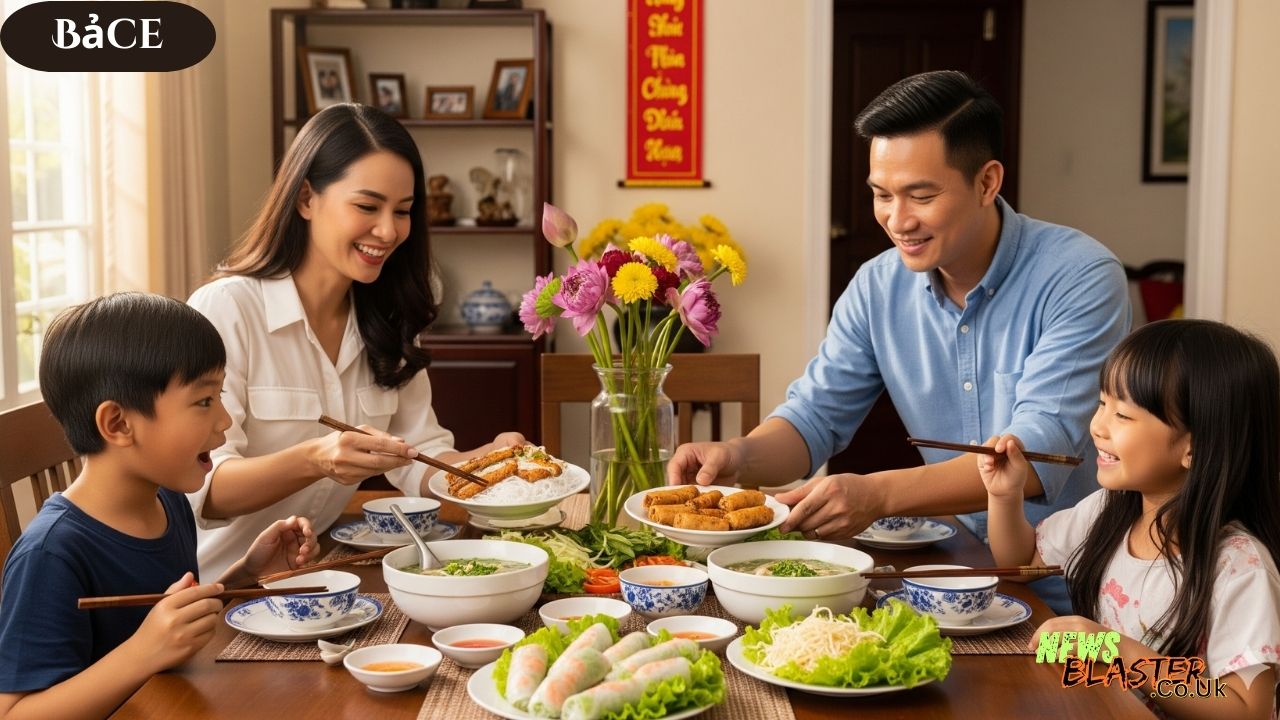What is Bảce?
The term bảce represents one of the most culturally rich and complex kinship terms in the Vietnamese language. While many English speakers might translate bảce as “uncle” or “aunt,” this translation barely scratches the surface of its true meaning and cultural significance.
Bảce serves as a Vietnamese kinship term that encompasses specific family relationships within the traditional Vietnamese social hierarchy. The word carries deep cultural weight, representing not just a family connection but also a marker of respect, age recognition, and social positioning within Vietnamese communities.
Unlike simple English equivalents, bảce embodies the Vietnamese values of family honor, generational respect, and the intricate web of relationships that define traditional Vietnamese society. Understanding bảce requires more than linguistic translation—it demands cultural comprehension.
English Translation Challenges

Translation Difficulties
The challenge of translating bảce into English highlights fundamental differences between Vietnamese and English kinship systems. English speakers often struggle with why “uncle” or “aunt” feels insufficient when Vietnamese speakers use bảce.
Vietnamese culture recognizes nuanced distinctions in relationships that English often fails to capture. The term bảce carries contextual meanings that shift based on the speaker’s age, the addressee’s position in the family hierarchy, and the specific family lineage being referenced.
These context-dependent meanings make bảce particularly challenging for English speakers to grasp. The word isn’t just about blood relation—it’s about respect, tradition, and maintaining proper social order within Vietnamese communities.
Comparative Analysis
When comparing English kinship terms to the Vietnamese system, the limitations of English become apparent. English speakers miss crucial cultural context when they hear bảce translated simply as familial terms.
The Vietnamese kinship system reflects a society that values precise relationship definitions, age hierarchy, and extended family connections. English kinship terms, by contrast, often group various relationships under broad categories without the cultural specificity that bảce provides.
This difference significantly impacts cross-cultural communication, especially in situations where Vietnamese individuals use bảce in English conversations, expecting the cultural weight to be understood by English speakers.
Usage in English-Speaking Contexts

Vietnamese-American Communities
Within Vietnamese-American communities, bảce often appears in English conversations as speakers code-switch between languages. This linguistic behavior illustrates how deeply ingrained cultural concepts resist straightforward translation.
Vietnamese parents teaching their English-speaking children about family relationships frequently use bảce alongside English explanations. This approach helps maintain cultural identity while adapting to English-dominant environments.
The challenge lies in preserving the cultural significance of bảce while making it accessible to children who may be more comfortable with English than Vietnamese.
Educational Settings
In educational contexts, teachers introducing Vietnamese culture to English speakers must carefully explain the concept behind bảce. Simple translation proves inadequate for conveying the term’s cultural importance.
ESL instructors working with Vietnamese students often encounter bảce in cultural instruction sessions. These educators need to understand not just the word’s meaning but its place within Vietnamese social structures.
Academic discussions of kinship systems frequently reference bảce as an example of how language reflects cultural values and social organization.
Cultural Bridge Building

For English Speakers Learning Vietnamese
English speakers learning Vietnamese must grasp the respect and hierarchy concepts embedded in bảce. The term isn’t just vocabulary—it’s a window into Vietnamese cultural values.
Understanding when and how to use bảce appropriately requires cultural sensitivity that goes beyond language learning. English speakers often make mistakes by treating bảce as a simple equivalent to English kinship terms.
Cultural sensitivity guidelines for using bảce emphasize the importance of understanding generational respect and family hierarchy in Vietnamese culture.
For Vietnamese Speakers Using English
Vietnamese speakers communicating in English face the challenge of explaining bảce to English speakers who lack cultural context. They must find ways to convey cultural meaning while working within English linguistic limitations.
Finding appropriate English equivalents for bảce in different situations requires creativity and cultural translation skills. Sometimes, keeping the Vietnamese term while providing cultural context proves more effective than translation.
Maintaining cultural meaning in translation becomes particularly important in formal or professional settings where precision matters.
Practical Applications
Business and Professional Settings
In multicultural workplaces, understanding terms like bảce demonstrates cultural competency and respect for Vietnamese colleagues and clients. Business professionals benefit from recognizing the cultural weight behind such terms.
International business contexts often require cultural sensitivity when Vietnamese partners use terms like bảce in English conversations. Recognizing these moments shows cultural awareness and respect.
Healthcare and Social Services
Healthcare providers and social service workers serving Vietnamese communities need to understand concepts like bảce to better comprehend Vietnamese family structures. This knowledge improves service delivery and cultural sensitivity.
Appropriate forms of address in healthcare settings may involve understanding when Vietnamese clients use bảce to describe family relationships and what those relationships actually entail.
Modern Usage and Evolution
Digital Communication
Social media and messaging platforms have created new spaces for bảce usage, with Vietnamese communities maintaining traditional concepts in digital environments. Hashtags and online discussions often incorporate traditional terms like bảce.
Online Vietnamese communities use bảce in ways that preserve tradition while adapting to modern communication styles.
Second and Third Generation Considerations
Language preservation efforts within Vietnamese-American families often focus on maintaining understanding of terms like bảce among younger generations who may be losing connection to traditional Vietnamese culture.
Adapting traditional concepts for modern contexts presents ongoing challenges for Vietnamese families trying to preserve cultural identity while integrating into English-speaking societies.
Resources for Understanding
Learning Materials
Books and guides for cultural understanding often feature explanations of terms like bảce as examples of how language reflects cultural values. Language learning resources increasingly recognize the importance of cultural context alongside vocabulary.
Cultural competency training materials for professionals frequently include discussions of kinship terms like bảce to improve cross-cultural communication skills.
Community Resources
Vietnamese cultural centers provide spaces where the proper usage and cultural significance of terms like bảce can be preserved and taught to new generations.
Language exchange programs often feature discussions of culturally specific terms like bảce, helping both Vietnamese and English speakers understand cross-cultural communication challenges.
Conclusion
Cultural Preservation
Understanding bảce represents more than linguistic knowledge—it’s about appreciating the complexity of Vietnamese cultural identity and the importance of maintaining linguistic diversity in our interconnected world.
The role of terms like bảce in Vietnamese cultural identity cannot be overstated. These words carry generations of cultural wisdom and social understanding that simple translation cannot capture.
Future Considerations
As Vietnamese communities continue to evolve in globalized contexts, terms like bảce will likely adapt while maintaining their cultural core. The impact of intermarriage and cultural blending presents both challenges and opportunities for preserving traditional concepts.
Technology’s role in cultural transmission offers new possibilities for teaching and preserving the cultural significance of terms like bảce, ensuring that future generations understand their heritage while navigating modern, multicultural environments.
Also Read: Chameleónovité Understanding Human Adaptability in Modern Society

